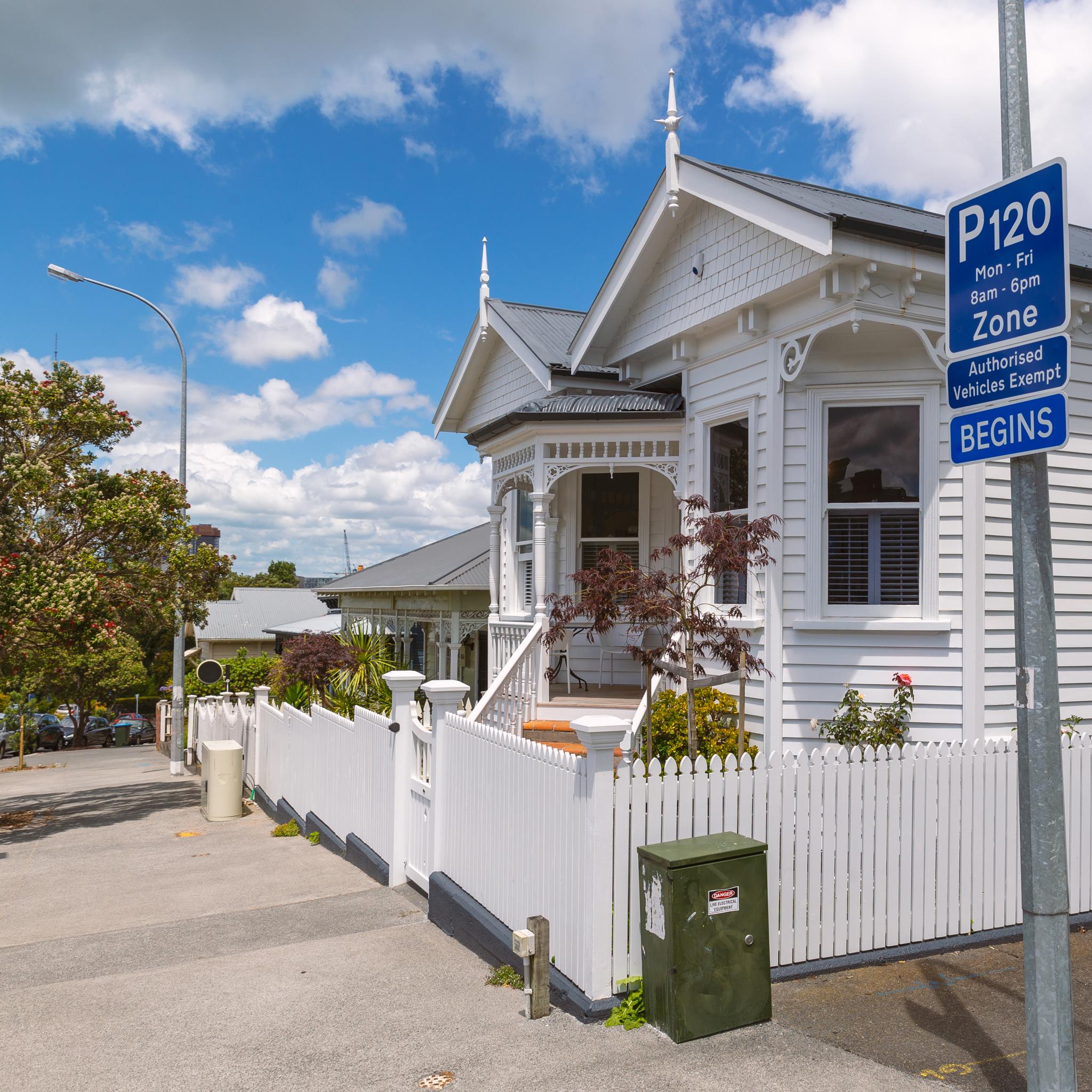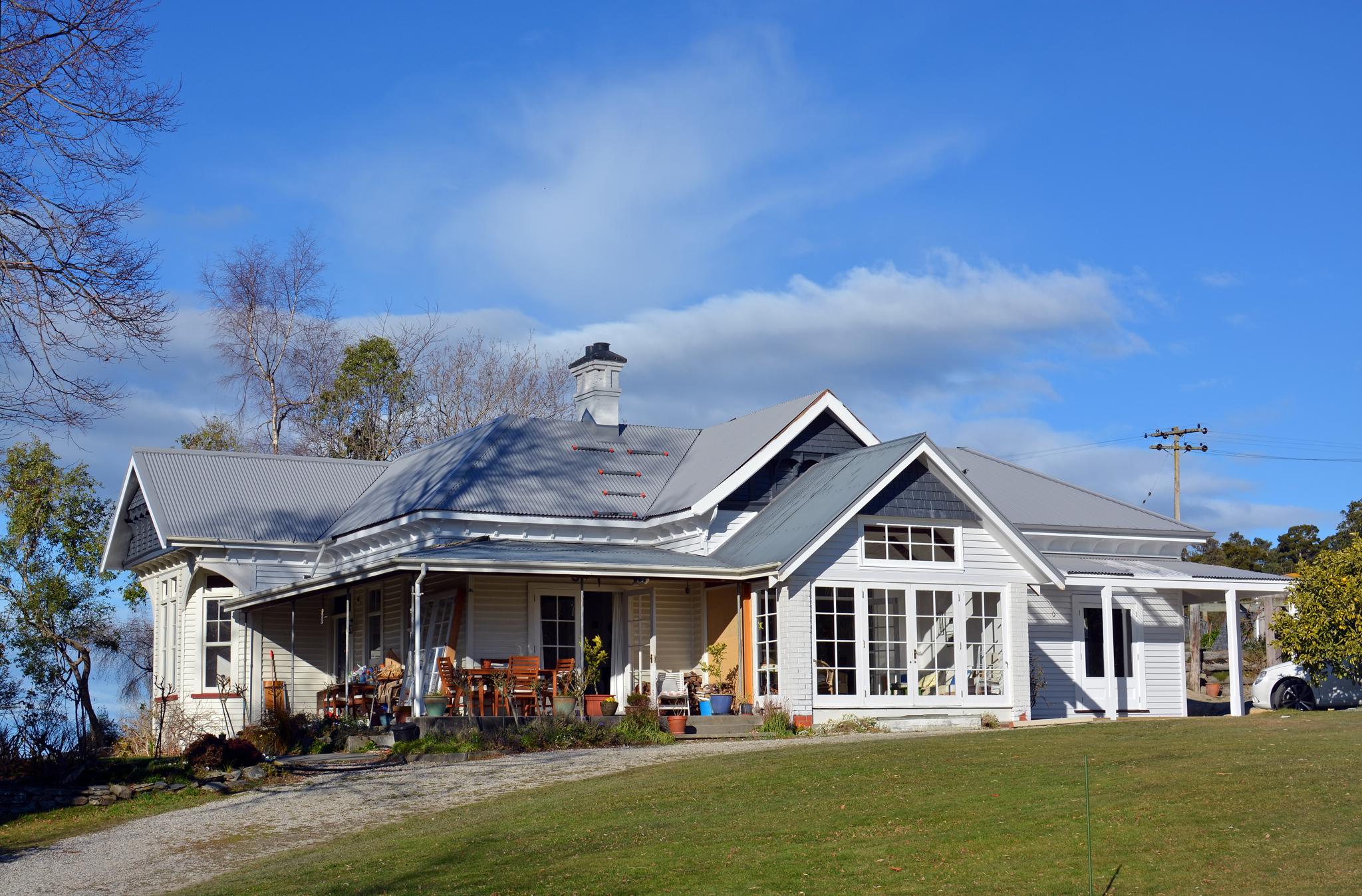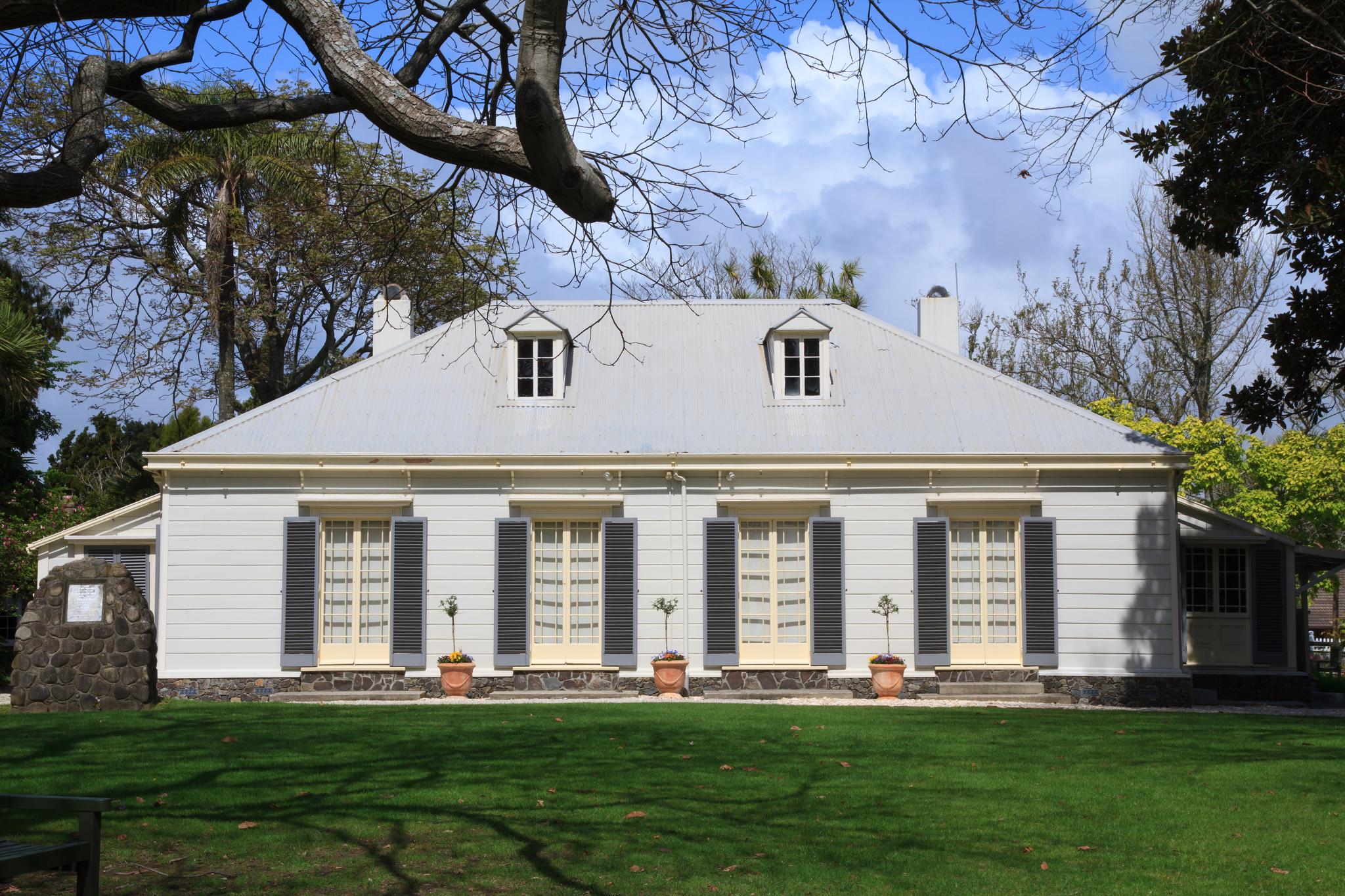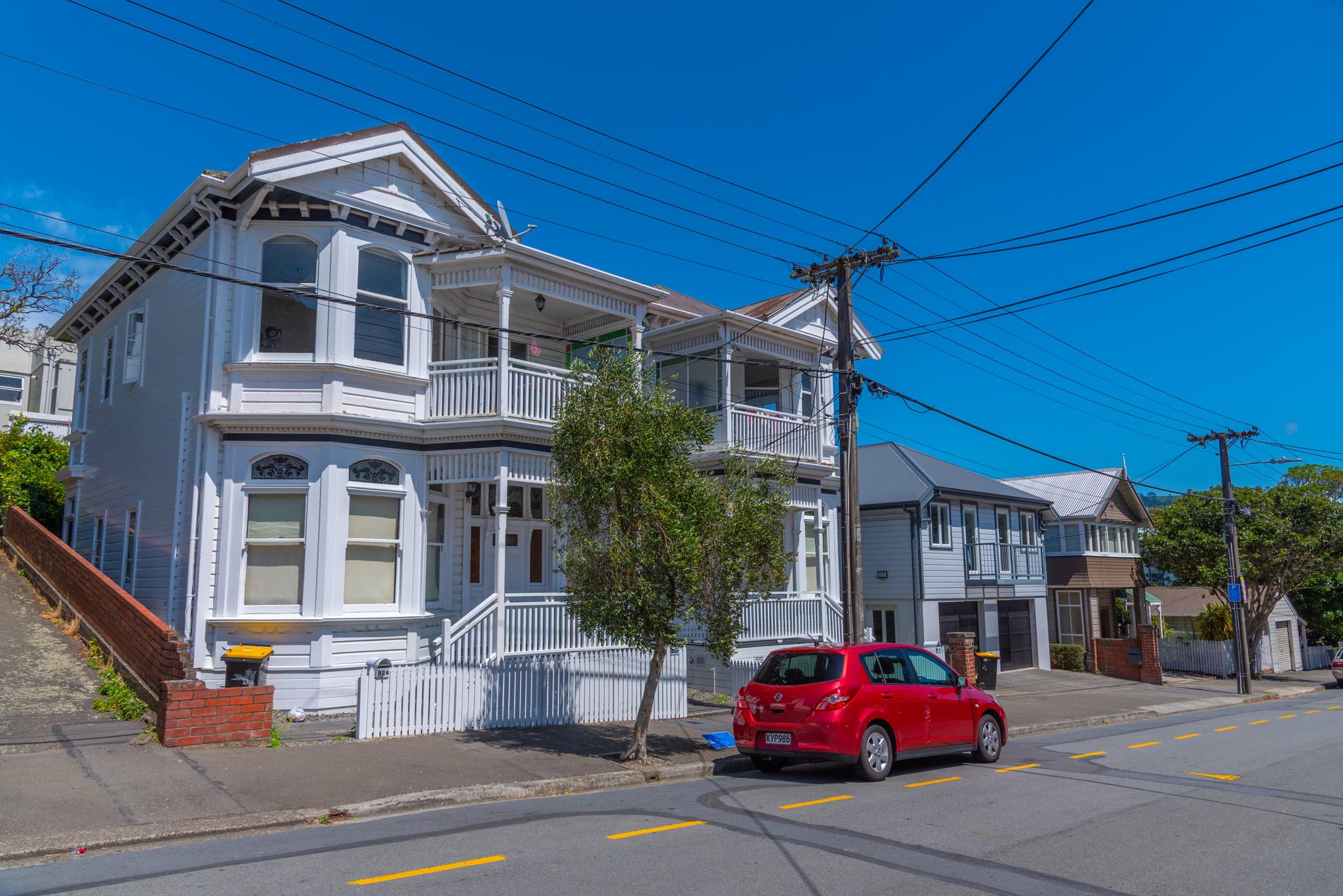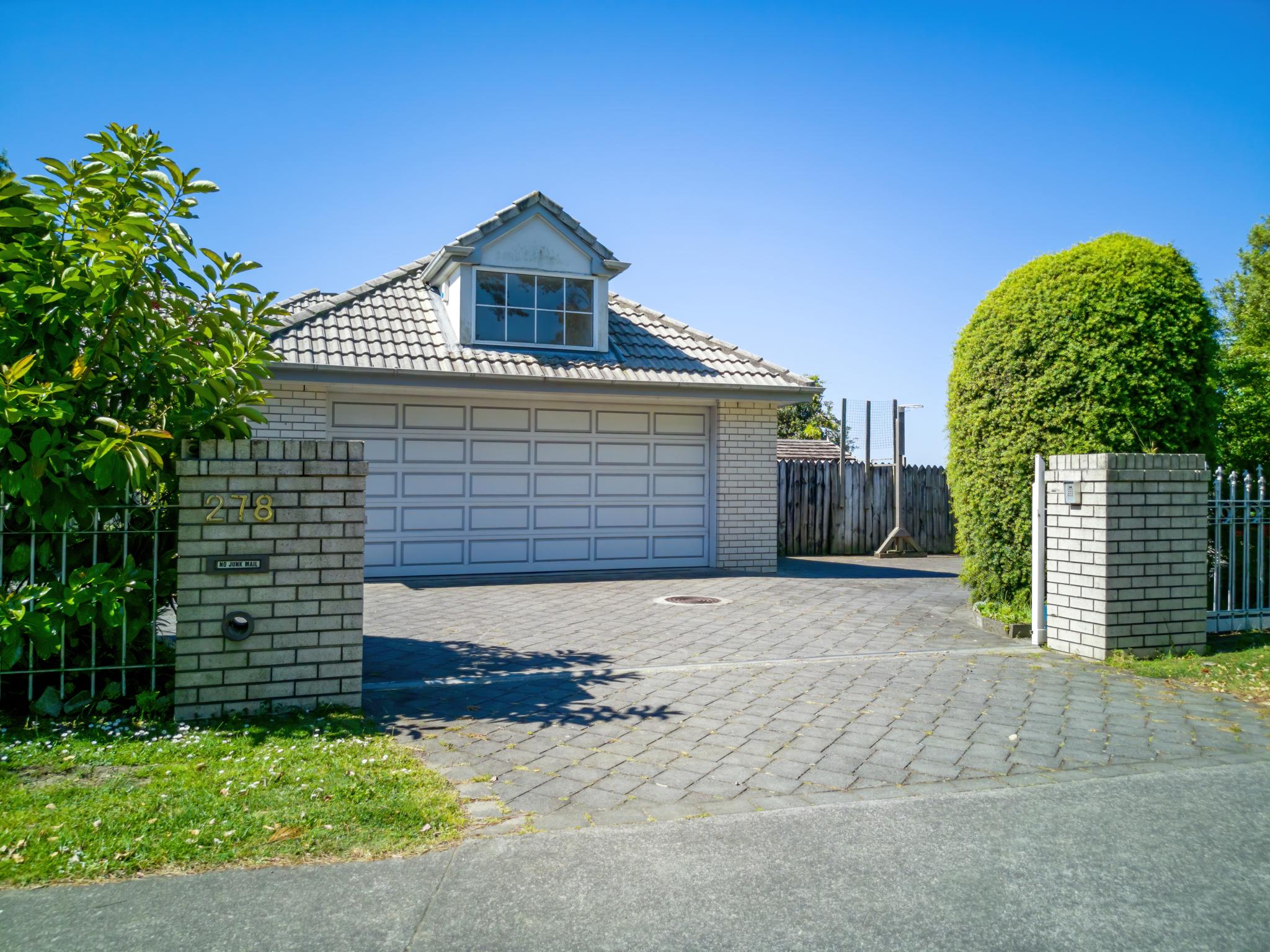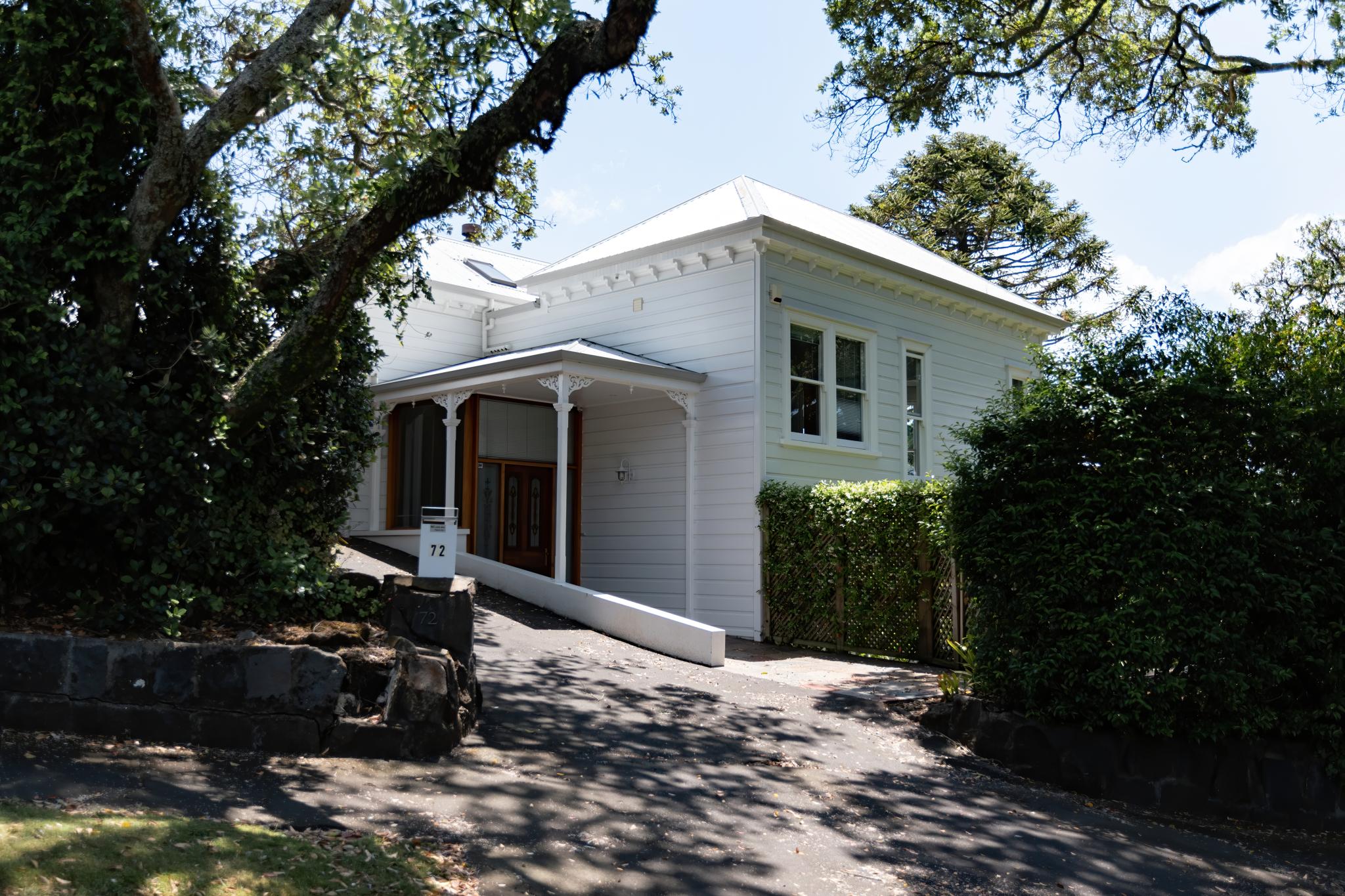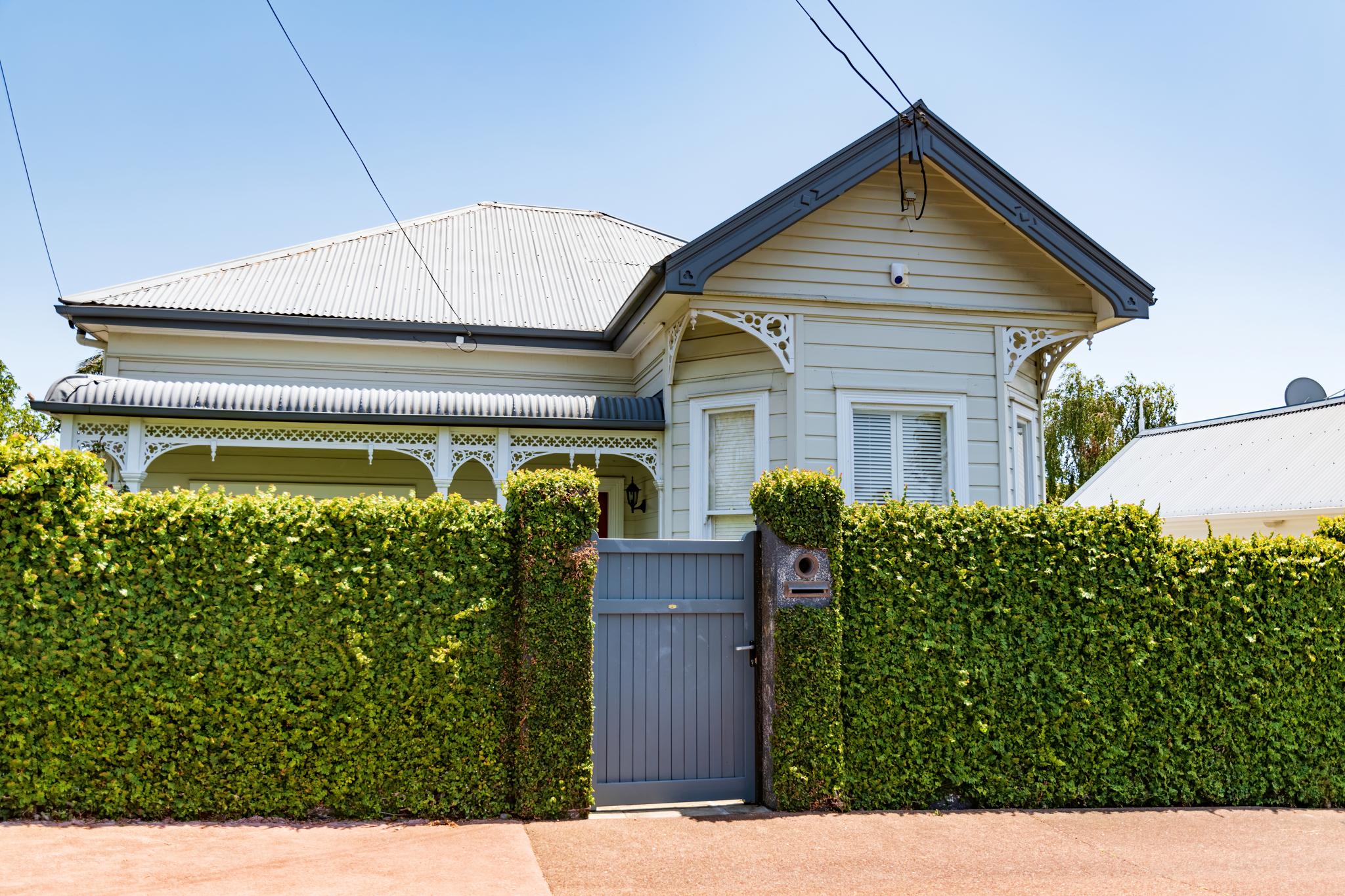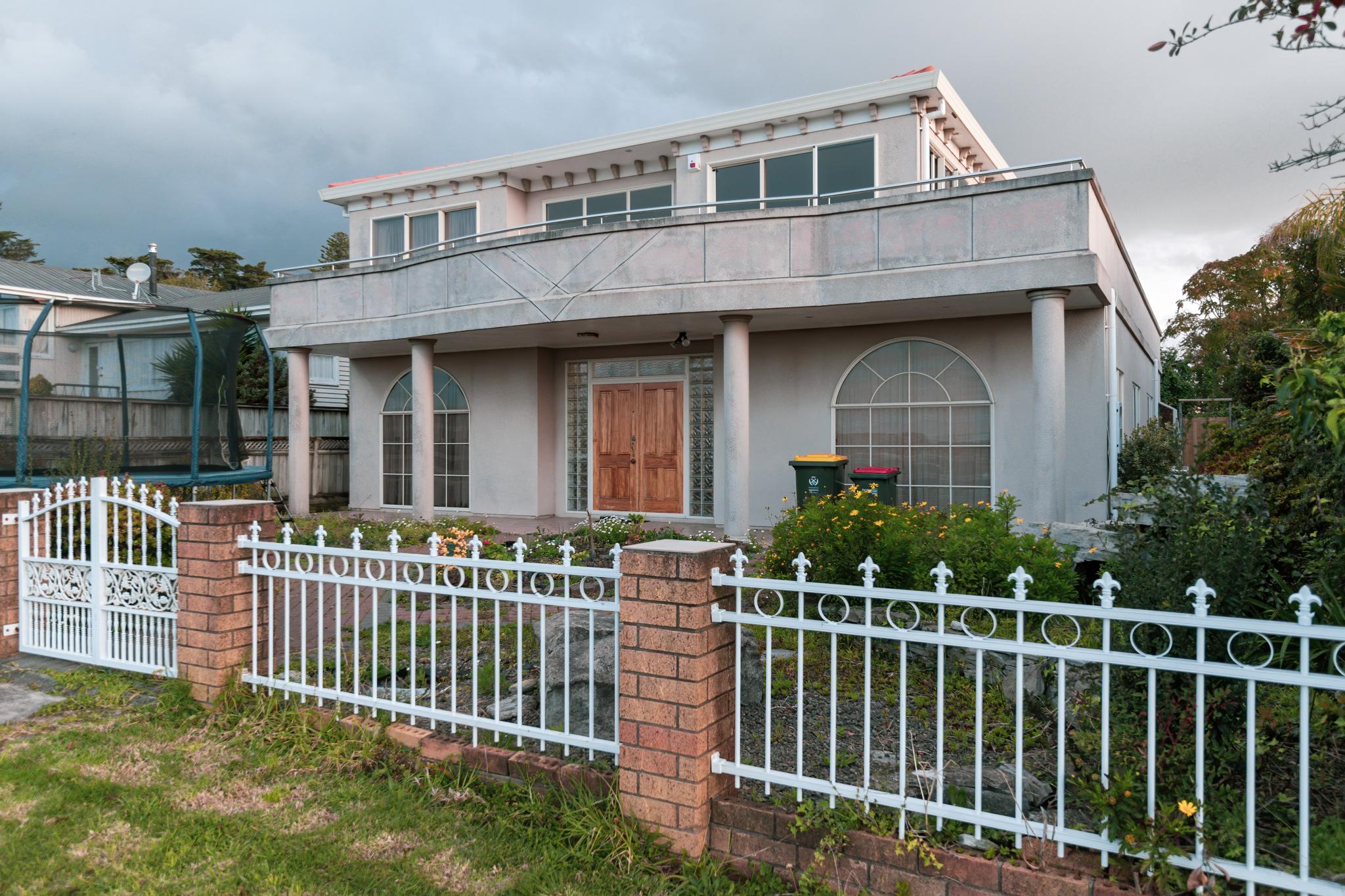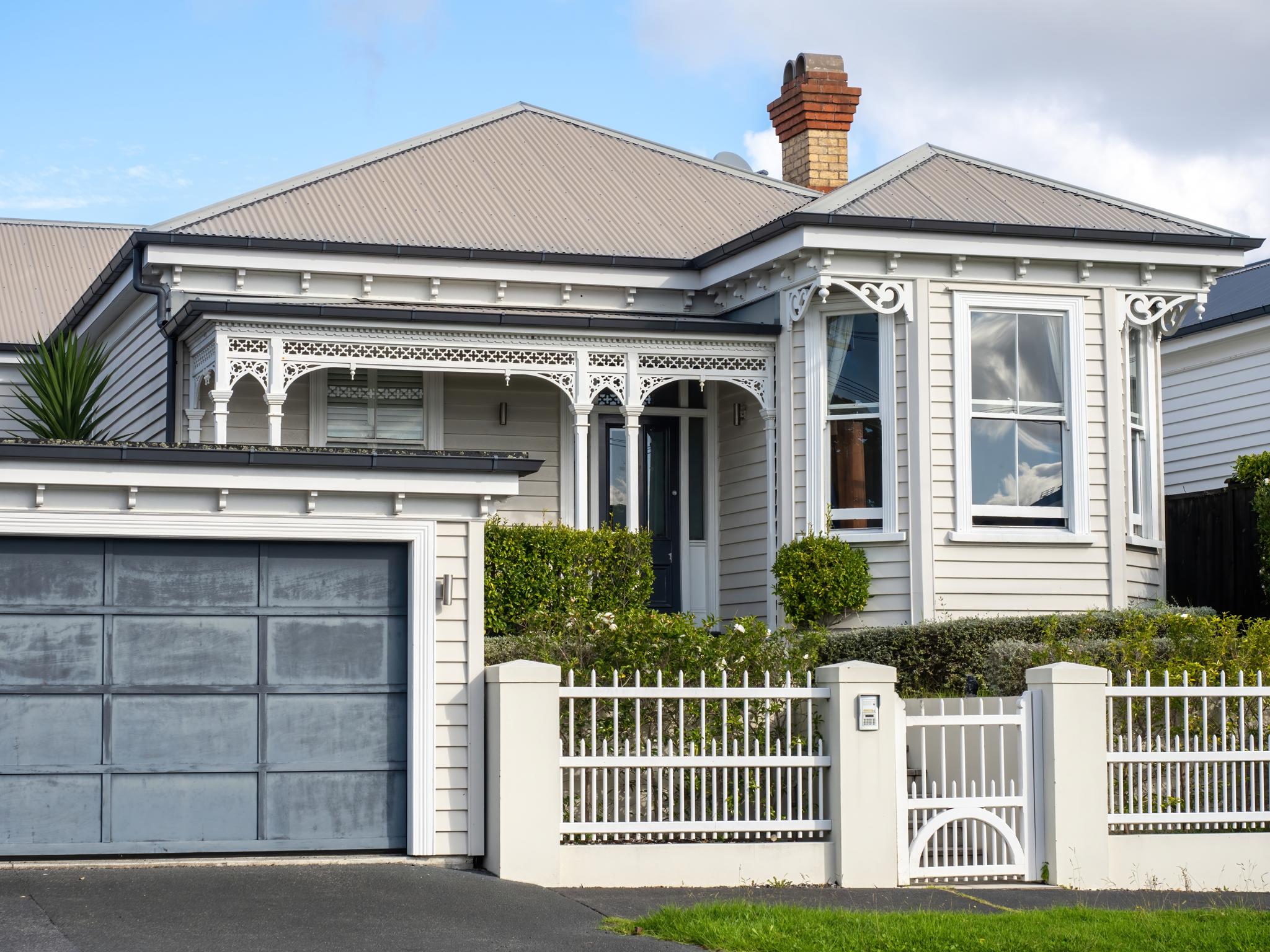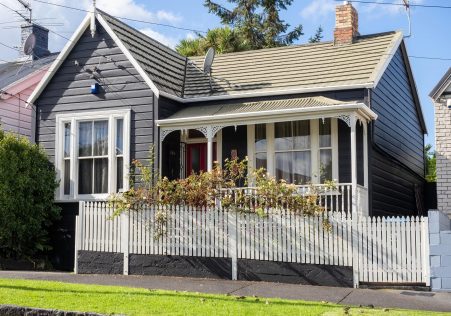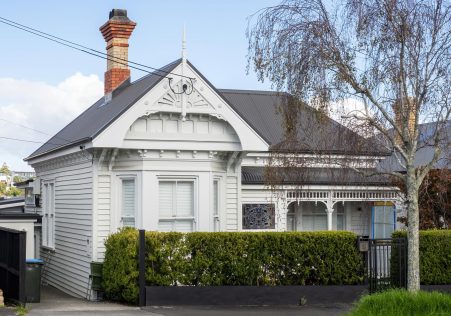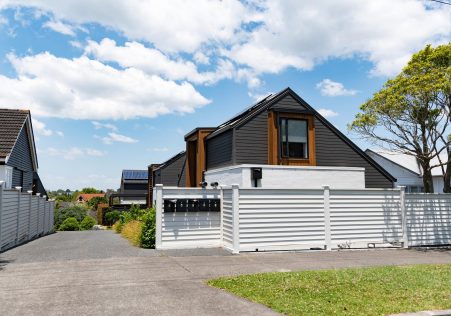What We Do
As building inspectors we are experts in all aspects that come with specialist house inspects. We are there to make sure that you make the correct choice when it comes to buying your next home.
We value your money and conduct comprehensive inspections so you won’t be faced with any costly or unexpected expenses, which means you can relax and focus on the exciting aspects of buying or owning a home.
We are specialised in a range of services to ensure you are fully aware of the state of any property you could be considering buying or selling and also other solutions.
Not only do we work with you but we also work with important clients such as local councils, banks, and insurance firms. Evidently they are pleased with this peace of mind provided, thanks to the information included in our reports on building inspections.
Our systematic approach to your inspection of your home as well as the latest technology in software including digital photos imbedded into your report, you can actually see any issues that could be identified. Thanks to our comprehensive reporting it is no wonder that we have so many customers who recommend our service to family and friends.
Have Peace of Mind - Get in Touch
